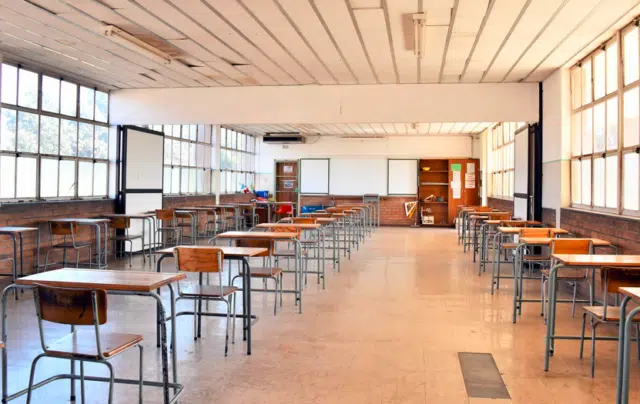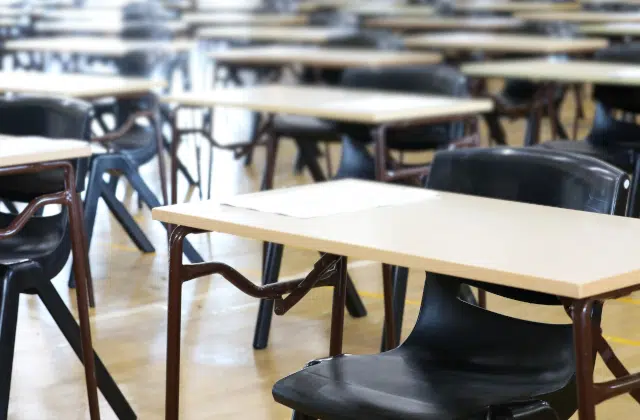
Proposed changes to fix South Africa’s ‘dysfunctional’ schools
The Equal Education Law Centre (EELC) says school governing bodies should have the power to hold underperforming schools accountable.
South African schools, particularly in rural areas, are entrenched in dysfunction with little to no resource allocation and are ill-supported to provide children with opportunities to excel academically, said the EELC.
Earlier this year, Basic Education minister Angie Motshekga announced the matric pass rate for 2021 to be 76.4%; however it has been speculated to be far lower as the official results do not consider the high dropout rate.
The EELC reported that in contemporary South Africa, approximately 80% of high schools are ‘dysfunctional‘. These schools predominantly serve black and coloured pupils, it said.
To address dysfunction across schools, the group recommended that parents and school governing bodies be empowered to hold underperforming schools to account.
The EELC said that:
- The Department of Basic Education must, in an annual report in terms of section 8 of the National Education Policy Act, reveal the steps it has taken to support underperforming schools.
- Governing bodies should be trained and capacitated to provide effective school oversight.
- Regulations be adjusted to enable local level oversight as the South African Schools Act, and the National Education Policy Act only offer mechanisms for oversight at a ministerial level.
- Parents be supplied with information to allow them to hold the school to account in the form of expanded reports detailing the functioning of the school;
- Parents must have access to information regarding enrolment numbers and teacher turnover, both in absolute terms and in comparison with other schools in the district.
- Legislation must set minimum requirements for school reports to parents and ensure that they are set out in recommended norms and standards.
To achieve a more competent education system, the EELC called for the broadening and clarification of legislation in the form of new sections to the Schools Act (58B and 16A) as well as the setting out of norms and standards that give detail on the identification of schools in need of support and appropriate remedial interventions.
When addressing a school’s functionality, the EELC said that it is necessary to take into account more than just a school’s academic performance.
There is an over-reliance on academic results as a means of determining the fitness of a school, sidelining other issues such as the shortage of teaching materials, lack of learner transport, socio-economic difficulties faced by learners and parents, as well as fetal alcohol spectrum disorder, it said.
More power to HODs
The EELC argues that the current regulatory framework for underperforming schools fails to give heads of departments (HOD) enough power to make necessary changes.
Current legislation requires a HOD to identify underperforming schools and take all reasonable steps to assist in the problem.
Annual reports on the academic performance and use of resources at the school are also legally required to be drafted by the school principal and given to the HOD, added the EELC.
Schools can further produce internal School Improvement Plans (SIP) that the HODs are then required to review and make recommendations.
According to the EELC, the regulatory framework surrounding schools fails to recognise that the school principal and leadership team are often part of the problem.
The EELC added that provincial education departments have found that, in practice, support from the HOD in developing a SIP is often very limited.
The law centre argues that the HOD should be more closely involved from the outset in developing plans to better or analyse schools’ performance.
Read: Work from home will lead to changes in leave and time off in South Africa



